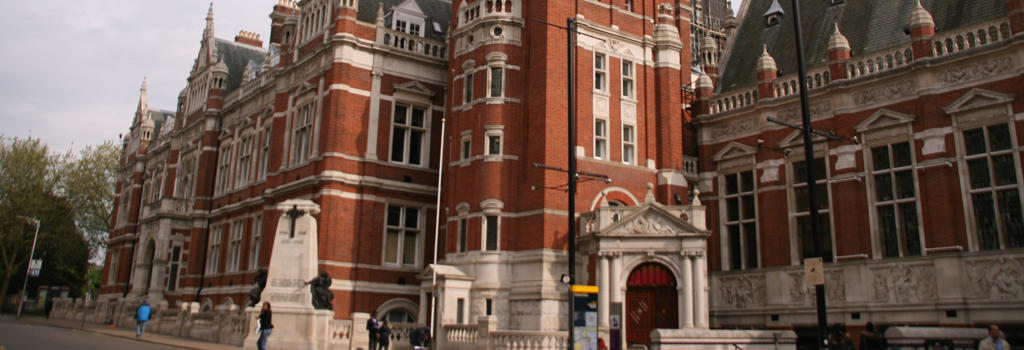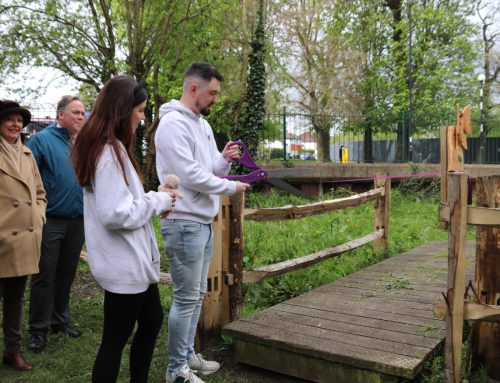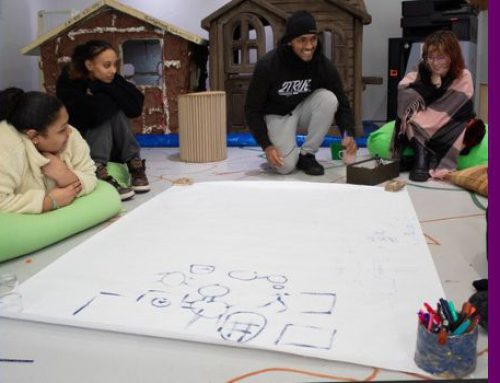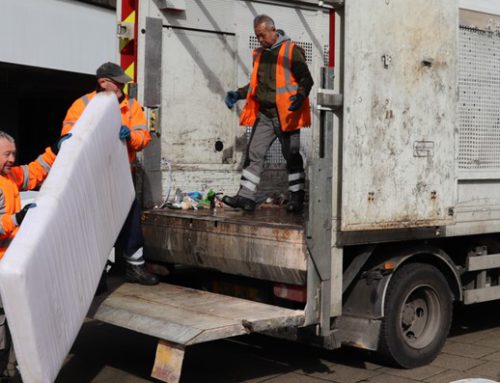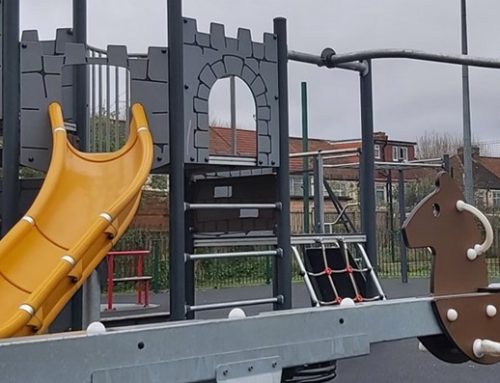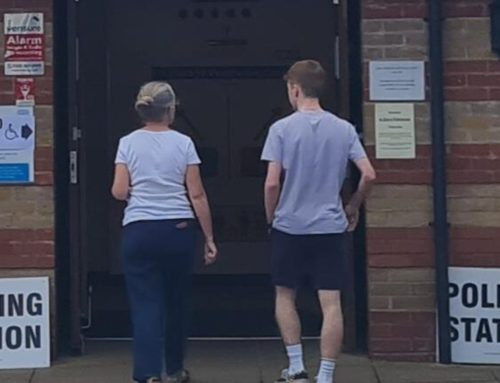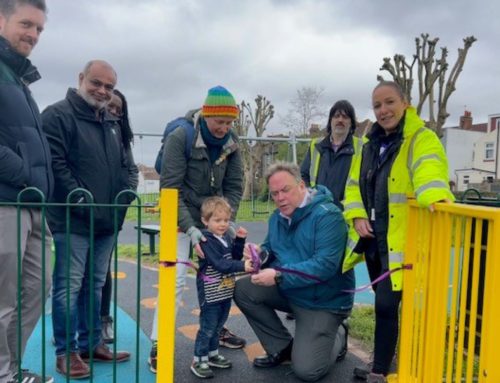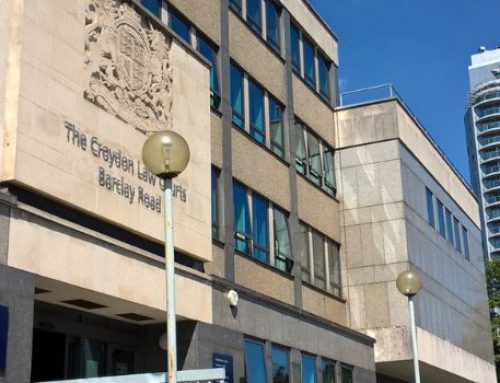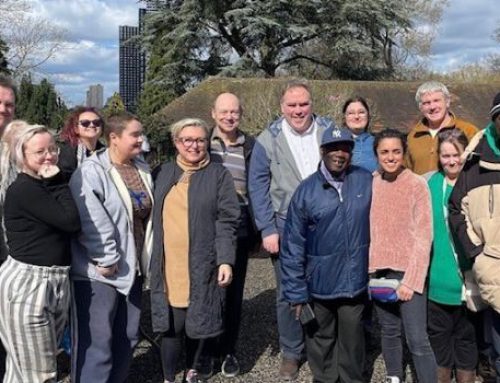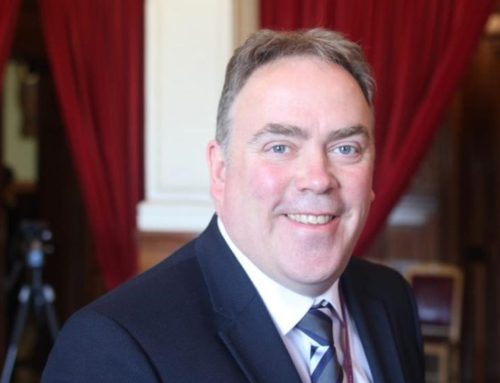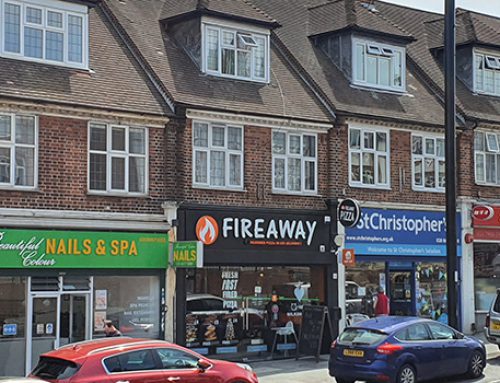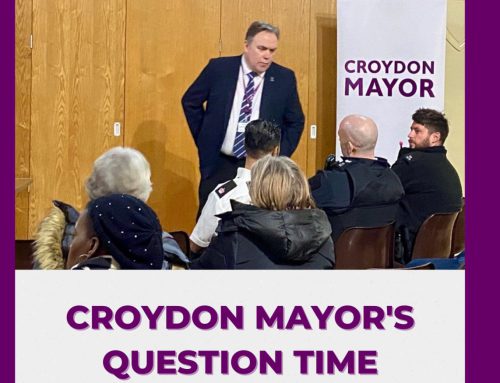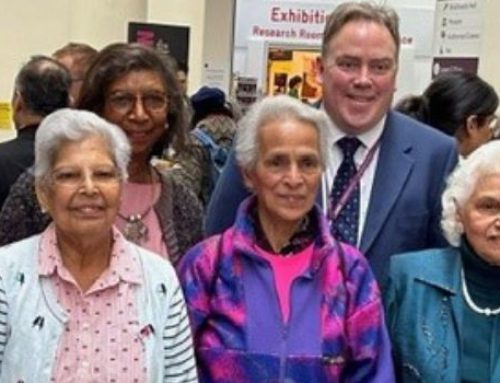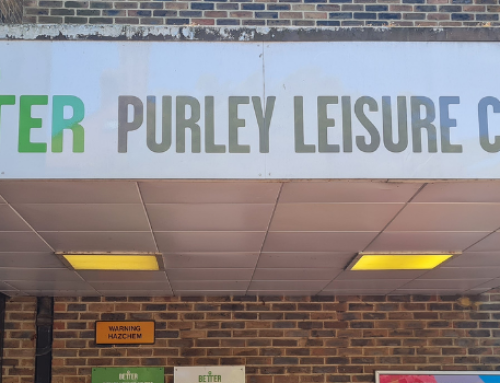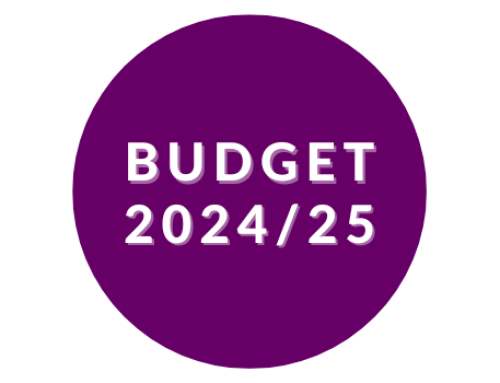Croydon is urging the Home Office to address its historic funding gap in the cost of caring for unaccompanied children who seek asylum in the United Kingdom.
Over the last decade the borough has played a leading role and looked after more than 5,000 unaccompanied asylum-seeking children (UASC), who register in the United Kingdom via a local Home Office immigration centre in Croydon town centre.
Central government is expected to fund most of councils’ unaccompanied asylum-seeking children’s costs, but this has not happened in Croydon. Since 2015 Croydon has paid an excess every year of between £7m and £9m to top up the funding received from the Home Office.
The council is also calling on the Home Office to make it mandatory for councils nationwide to share the responsibility for new arrivals.
Under government guidelines, unaccompanied asylum-seeking children arrivals should make up 0.07% of each host council’s child population, with councils nationwide taking in the rest. If these guidelines were followed, Croydon would have responsibility for 66 unaccompanied asylum-seeking children. However, there are currently 205 unaccompanied asylum-seeking children being cared for by Croydon Council, plus 439 care leavers who arrived unaccompanied. This is over 40% of all children and young people the council looks after.
The National Transfer Scheme (NTS) is currently voluntary, which means other councils are not required to take in children from gateway councils like Croydon or Kent.
A report going to the council’s 7 June cabinet sets out that Croydon’s annual funding gap to support unaccompanied asylum-seeking children is financially unsustainable and, if left unaddressed, will in future years pose serious risk to the borough’s children’s services.
The report adds that 24 other London authorities have agreed to help ease Croydon’s unaccompanied asylum-seeking children costs by taking caring responsibility for new arrivals in the borough from June for three months.

“The Home Office has never properly funded Croydon to support the asylum-seeking children and young people we care for, and its voluntary national transfer scheme is just not working.
“The current situation is simply not reasonable. This is a national problem which requires a national solution and what is happening now isn’t fair for anyone – least of all children and young people who have already been through so much.
“We are grateful to the 24 other councils who are stepping in this summer and the support they have offered will help in the short term. But what we all need is a long-term solution that addresses this serious funding gap and shares the responsibility between councils nationally. We want to do our bit to help, and spreading the cost will make it manageable for all of us.
“As long as the Home Office has a local immigration unit in the borough, Croydon will be a gateway for unaccompanied children and young people who desperately need care and support. We want to continue doing that, but we need the Home Office to provide proper funding and make sure its national transfer scheme becomes mandatory for councils across the country.”
Councillor Hamida Ali, leader of the council

“We have a proud track record in Croydon of caring for unaccompanied asylum-seeking children and we want to keep doing this, but we also need the correct amount of funding that is equal to the significant costs we incur to ensure that we can continue to offer the correct level of support to children and young people in need. Ultimately, the only way to make the system fair for everyone is to make the national transfer scheme mandatory.
“As a United Kingdom it is time for all councils across this country to be empowered to step up and play their part equally, with the confidence that they will be financially supported by the Home Office in line with the cost of delivering the service.”
Councillor Alisa Flemming, cabinet member for children, young people and learning
The report is expected to be discussed further by the council’s Scrutiny & Overview Committee in June, with cabinet likely to decide on next steps at July’s meeting.

